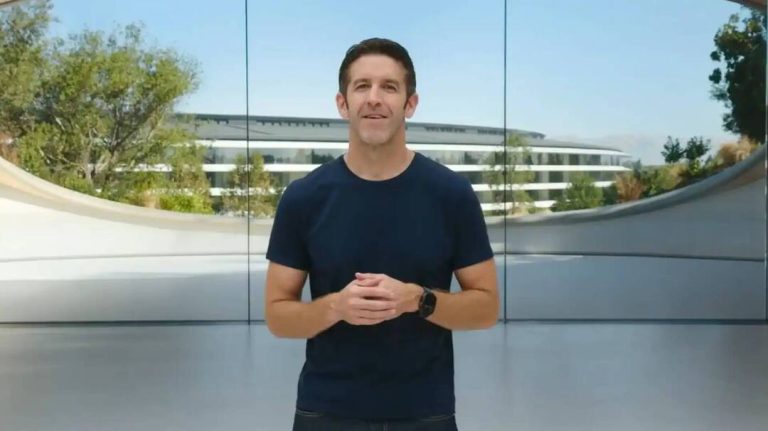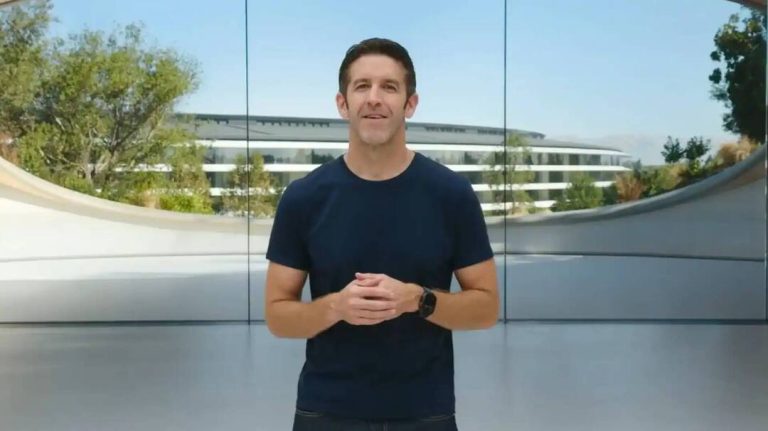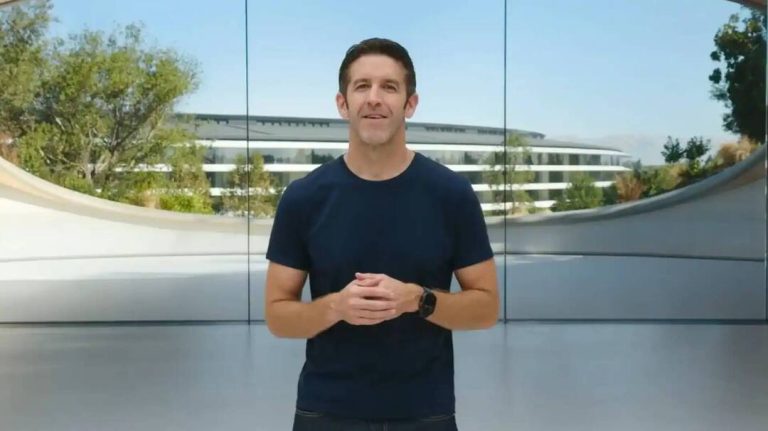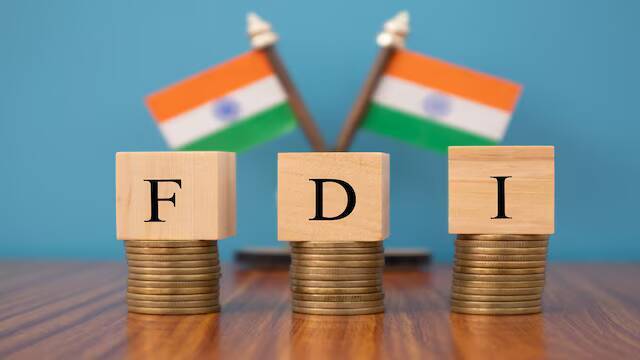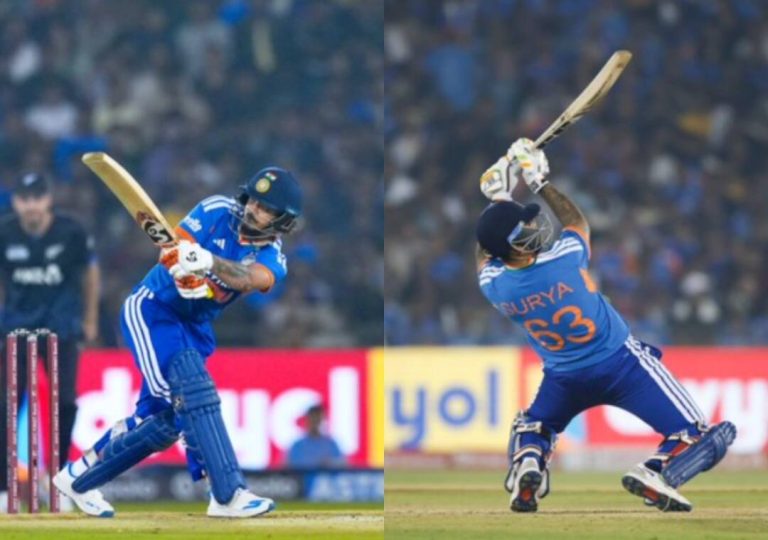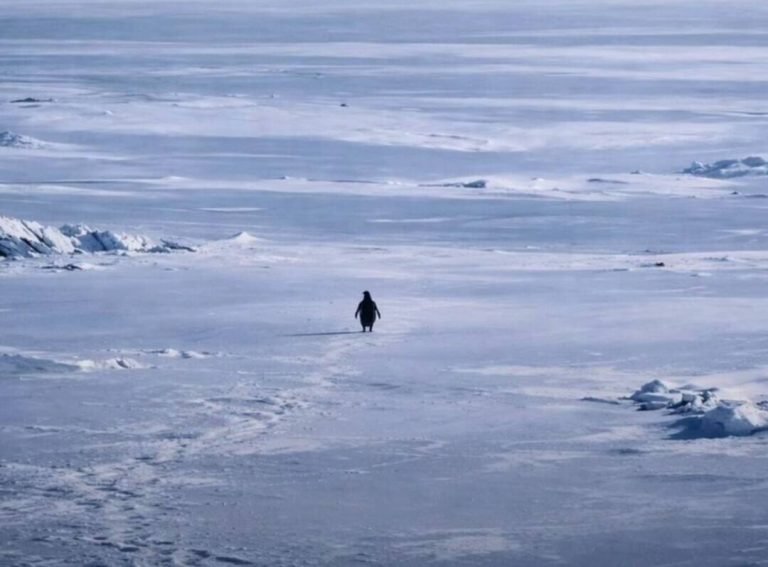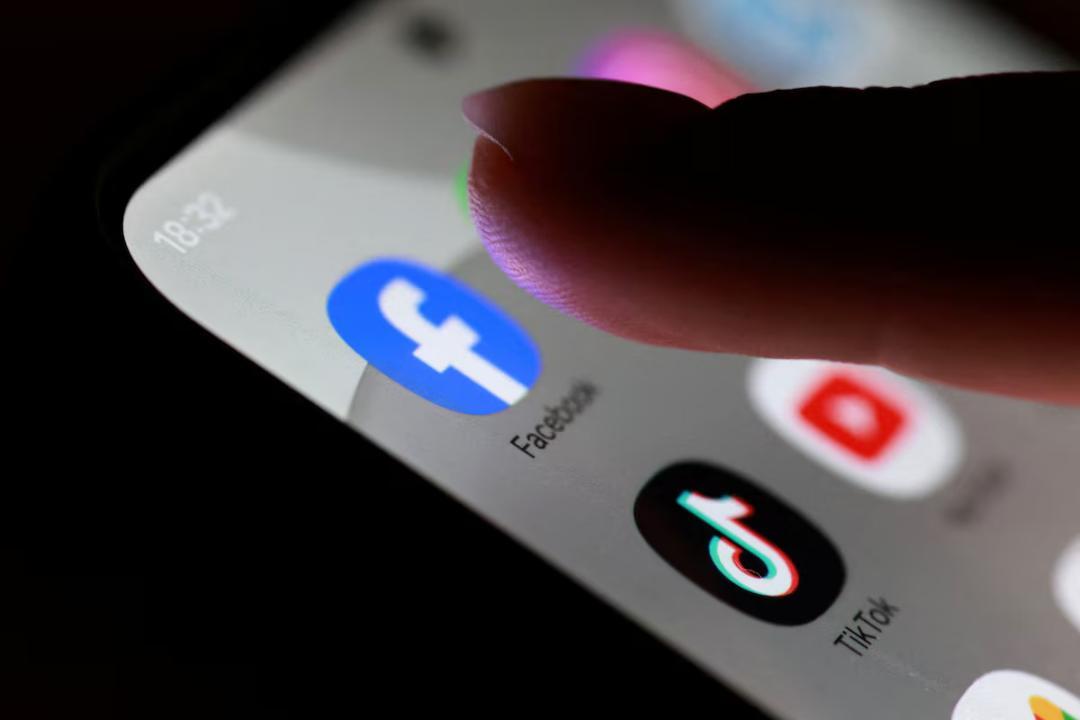
Australian teens ask nation’s top court to block social media ban
In a landmark move, a constitutional challenge to Australia’s social media ban for children under 16 has been filed in the nation’s highest court. The campaign group Digital Freedom Project said it initiated proceedings in the High Court of Australia to block the law, with two 15-year-olds, Noah Jones and Macy Neyland, named as plaintiffs. This comes weeks before the world-first law takes effect, sparking a heated debate about the role of social media in the lives of young Australians.
The law, which is set to come into effect in the coming weeks, prohibits social media companies from allowing children under the age of 16 to create accounts or access their platforms. The government has argued that the ban is necessary to protect children from the potential harms of social media, including cyberbullying, online harassment, and exposure to inappropriate content. However, critics of the law argue that it is an overreach of government power and an infringement on the rights of young people to freedom of expression and access to information.
The Digital Freedom Project, a non-profit organization that advocates for digital rights and freedoms, has taken up the cause of challenging the law. The group argues that the ban is unconstitutional and violates the rights of young Australians to freedom of expression and access to information. The group’s lawyers have filed a petition with the High Court, seeking an injunction to block the law from taking effect.
At the heart of the challenge are two 15-year-olds, Noah Jones and Macy Neyland, who have been named as plaintiffs in the case. Both Jones and Neyland are active social media users and argue that the ban would unfairly restrict their ability to connect with friends, access information, and express themselves online. In a statement, Jones said, “I use social media to stay in touch with my friends, to follow my favorite sports teams, and to stay up-to-date with current events. The ban would cut me off from all of that and leave me feeling isolated and disconnected.”
Neyland added, “Social media is a big part of my life, and I don’t see why I should be banned from using it just because of my age. I’m capable of making my own decisions about what I post and who I interact with online. The government should trust me to make my own choices, rather than trying to dictate what I can and can’t do.”
The challenge has sparked a lively debate about the role of social media in the lives of young Australians. While some argue that the ban is necessary to protect children from the potential harms of social media, others argue that it is an overreach of government power and an infringement on the rights of young people. The government has argued that the ban is necessary to protect children from the potential harms of social media, including cyberbullying, online harassment, and exposure to inappropriate content.
However, critics of the law argue that it is too broad and would unfairly restrict the ability of young people to access information and connect with others online. They argue that the government should focus on educating children about online safety and digital literacy, rather than trying to ban them from using social media altogether.
The case is set to be heard in the High Court in the coming weeks, and the outcome is far from certain. If the court rules in favor of the plaintiffs, the law would be blocked from taking effect, and the government would be forced to reconsider its approach to regulating social media use among young people. On the other hand, if the court upholds the law, it would set a significant precedent for the regulation of social media use among children and could have far-reaching implications for the digital rights and freedoms of young people.
As the case makes its way through the courts, it is clear that the issue of social media use among young people is a complex and contentious one. While there are valid concerns about the potential harms of social media, there are also valid concerns about the impact of the ban on the rights and freedoms of young people. Ultimately, the outcome of the case will depend on the court’s interpretation of the constitution and the laws that govern social media use in Australia.
In conclusion, the challenge to Australia’s social media ban for children under 16 is a significant one, with far-reaching implications for the digital rights and freedoms of young people. As the case makes its way through the courts, it is clear that the issue of social media use among young people is a complex and contentious one, and that the outcome will have significant implications for the future of social media use in Australia.
News source: https://www.reuters.com/world/asia-pacific/australian-teenagers-ask-high-court-block-social-media-ban-2025-11-26/
